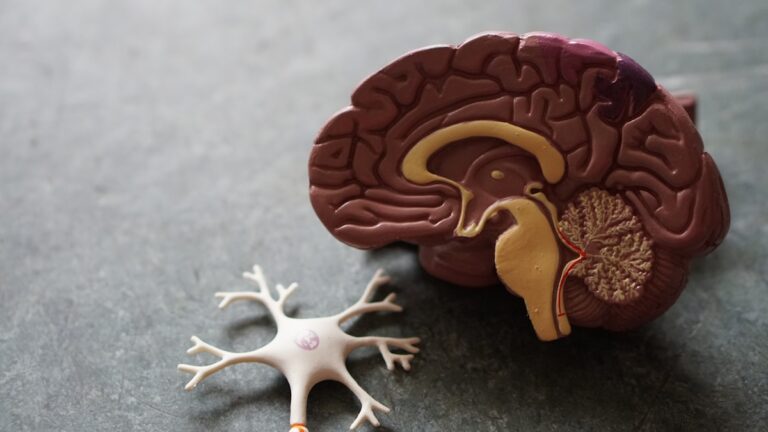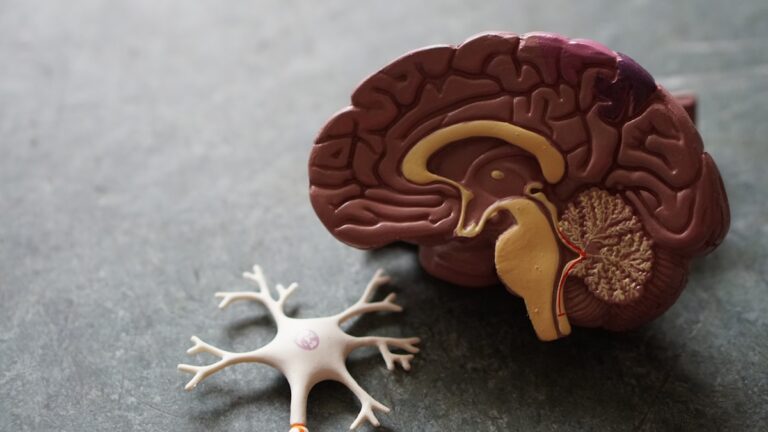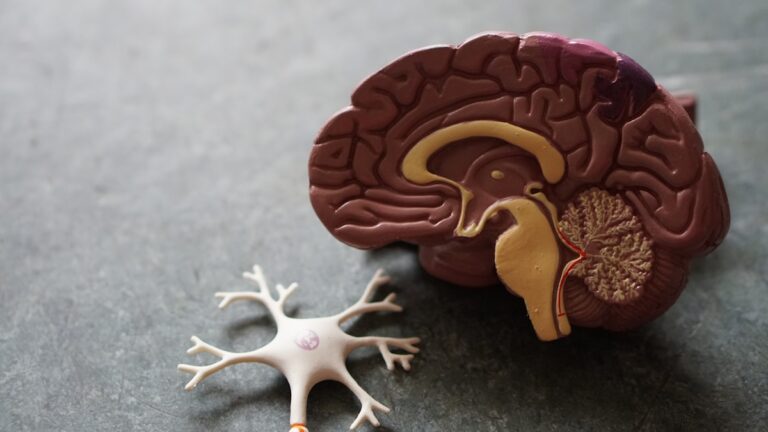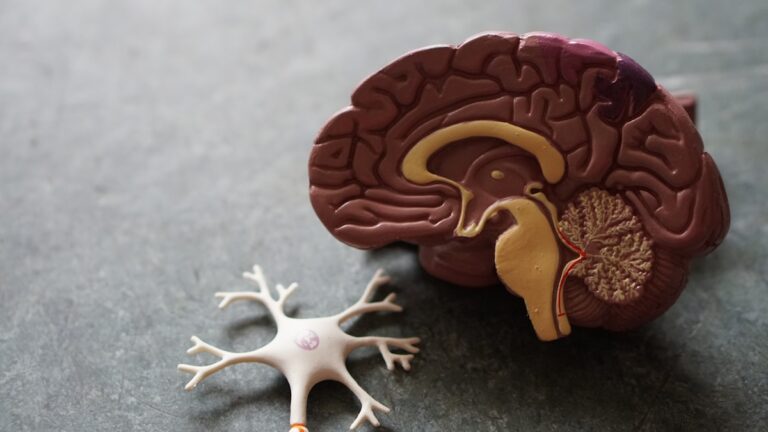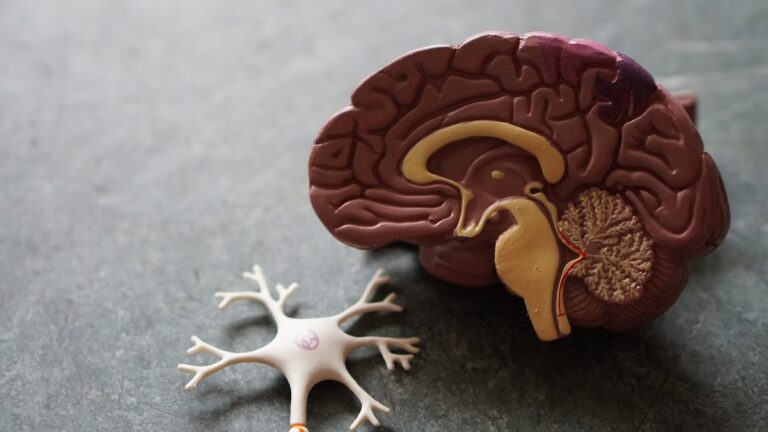Listening to rain sounds calms Alzheimer’s patients primarily because these sounds act as a form of gentle, natural background noise that soothes the brain, reduces stress, and helps regulate emotional responses. The rhythmic, predictable pattern of rain creates a calming environment that can ease anxiety and agitation, common symptoms in Alzheimer’s disease.
Rain sounds resemble a type of “pink noise,” which is softer and more natural than harsh background noises. This kind of noise helps mask sudden, disruptive sounds that might startle or confuse Alzheimer’s patients, promoting a sense of safety and stability. The steady, repetitive nature of rain sounds can synchronize brainwaves in a way that encourages relaxation and reduces the overactivity of the brain’s stress centers. This calming effect can help lower heart rate and blood pressure, making patients feel more at ease.
Moreover, rain sounds evoke a connection to nature, which has a profound impact on the brain’s “old brain” or ancient brain areas responsible for emotional regulation and survival instincts. Exposure to natural elements, even through sound, can trigger feelings of comfort and calmness by engaging these primal brain regions. This is similar to how biophilic design—incorporating natural elements into living spaces—has been shown to reduce stress and improve well-being in people with cognitive impairments.
In addition, the sound of rain can influence the production of melatonin, the hormone that regulates sleep. Alzheimer’s patients often experience disrupted sleep patterns, and rain sounds can help promote better sleep by encouraging melatonin release and aligning circadian rhythms. Improved sleep quality further reduces irritability and cognitive decline, creating a positive feedback loop for emotional and mental health.
The soothing effect of rain sounds also helps distract Alzheimer’s patients from distressing thoughts or confusion. By providing a gentle auditory focus, rain sounds can reduce racing thoughts and anxiety, which are common in dementia. This distraction helps patients remain calm and grounded in the present moment.
In essence, rain sounds serve as a natural, non-invasive therapeutic tool that taps into the brain’s innate response to rhythmic, natural stimuli. They create a peaceful sensory environment that mitigates stress, promotes relaxation, and supports better sleep—all of which are crucial for improving the quality of life for Alzheimer’s patients.

